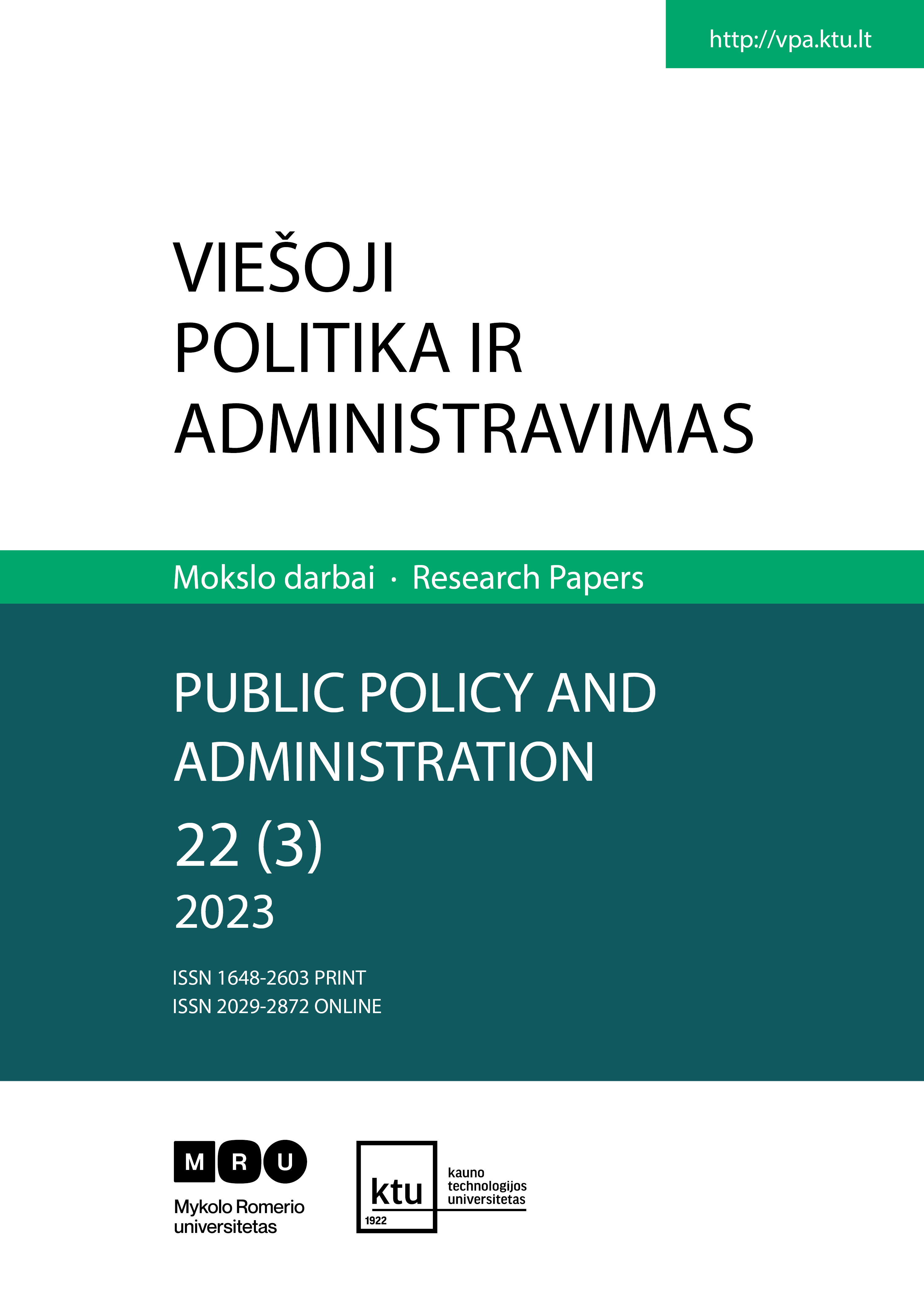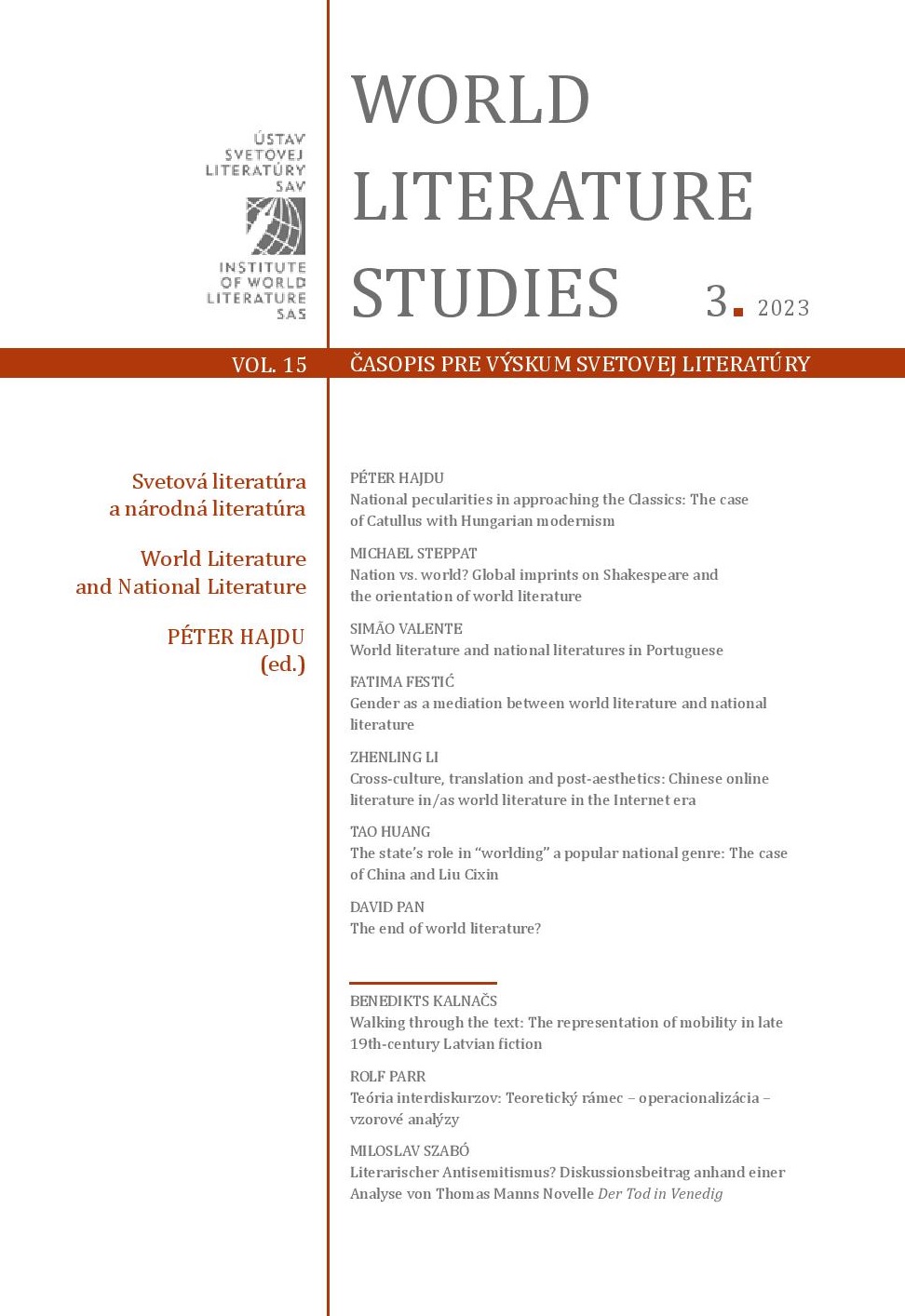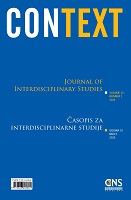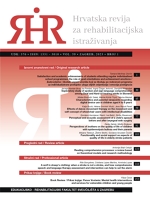
Immigrants in the Legal System of the Welcoming Country: Considering the Role of Intermediaries
Immigrants in the Legal System of the Welcoming Country: Considering the Role of Intermediaries
Keywords: migration; intermediation; law, public administration;
Immigrants‘ encounters with the new legal system of the welcoming country might vary from challenging to easy process. The newcomers’ path of interaction in the field of welcoming countries‘ legalities is related to the legal knowledge and variety of ssumptions about the legal world and how it is embedded in the social reality of a welcoming country. There are many factors, that are involved and shape this complexity but one of them is highly meaningful - the role of intermediaries. Therefore, this research focuses on identifying and discussing the different statuses and roles of the intermediaries as they participate in the process of immigrant‘s interaction with the legalities of the welcoming country. These assumptions are based on the 53 qualitative interviews of foreign third-country residents in Lithuania. The results of the analysis reveal the main roles of the intermediaries while immigrants interact with the new legal system of the welcoming country. This research indicates that intermediaries actively or passively participate in the processes of migrants’ gaining legal knowledge, influence their legal behaviour and become a part of migrants‘ legal interactions. Intermediaries are also seen in the variance of official statuses, visibly gaining different roles in legal relationships which results in different outcomes. Therefore, this research draws attention to the need for more profound attention to the immigrants’ legal relationship and deduces practical implications for it as well.Immigrants‘ encounters with the new legal system of the welcoming country might vary from challenging to easy process. The newcomers’ path of interaction in the field of welcoming countries‘ legalities is related to the legal knowledge and variety of assumptions about the legal world and how it is embedded in the social reality of a welcoming country. There are many factors, that are involved and shape this complexity but one of them is highly meaningful - the role of intermediaries. Therefore, this research focuses on identifying and discussing the different statuses and roles of the intermediaries as they participate in the process of immigrant‘s interaction with the legalities of the welcoming country. These assumptions are based on the 53 qualitative interviews of foreign third-country residents in Lithuania. The results of the analysis reveal the main roles of the intermediaries while immigrants interact with the new legal system of the welcoming country. This research indicates that intermediaries actively or passively participate in the processes of migrants’ gaining legal knowledge, influence their legal behaviour and become a part of migrants‘ legal interactions. Intermediaries are also seen in the variance of official statuses, visibly gaining different roles in legal relationships which results in different outcomes. Therefore, this research draws attention to the need for more profound attention to the immigrants’ legal relationship and deduces practical implications for it as well.
More...


